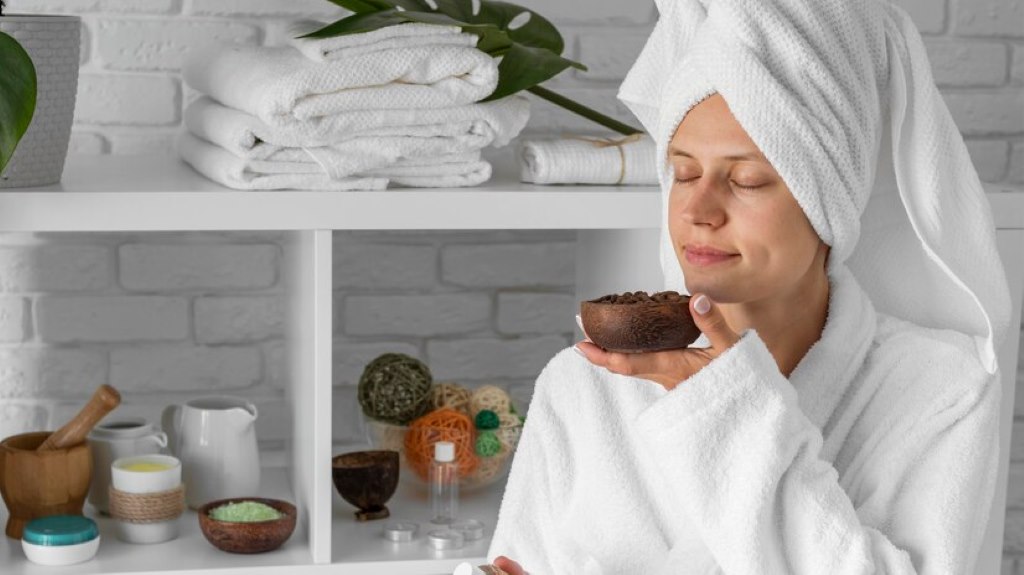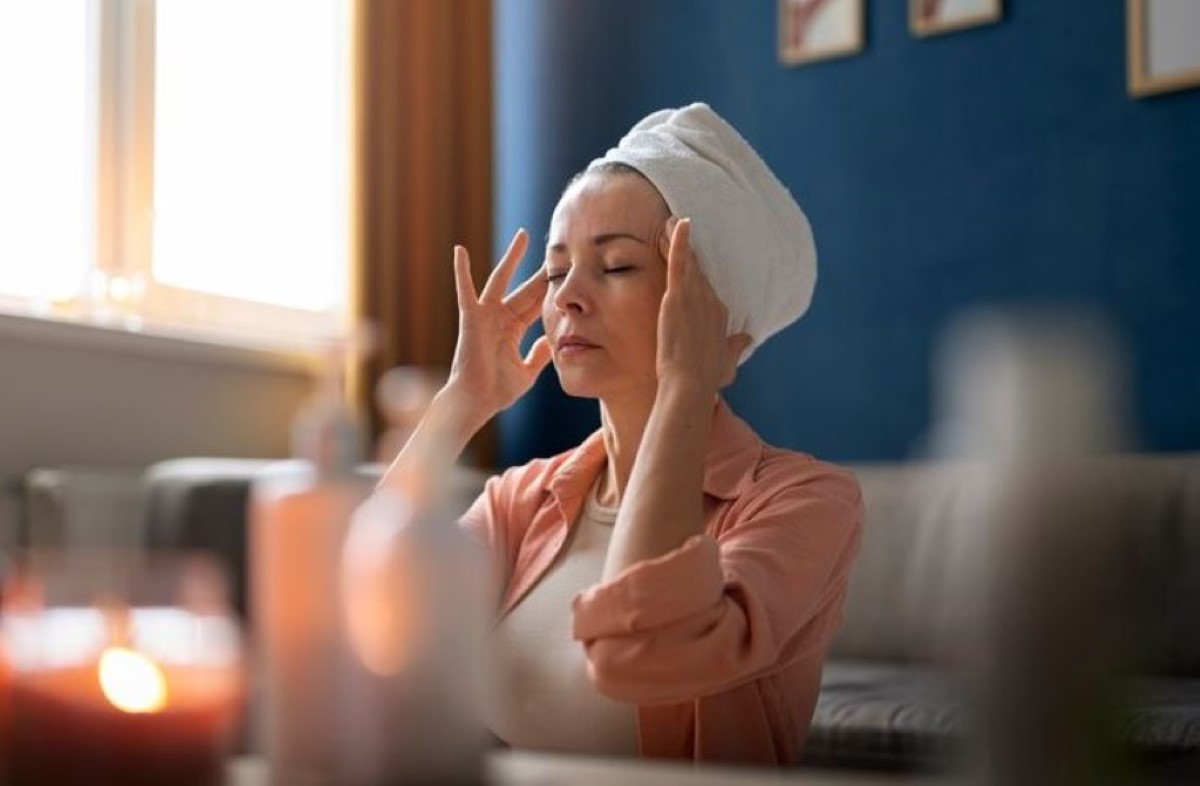In our paced and demanding world, we cannot underestimate the significance of taking care of ourselves. As we navigate through the challenges of life it becomes crucial to prioritize our emotional well-being. This article explores the overlooked connection, between skincare routines and our mental wellness shedding light on how they intersect.
Understanding Mental Wellness
To truly understand the significant impact skincare can have on our well being it is crucial to grasp the essence of wellness. Mental wellness, a part of health is deeply connected to our states of mind and emotions.
It reveals how our behaviors, thoughts, and feelings profoundly affect our health. Mental wellness goes beyond addressing illnesses; it encompasses a range of aspects that together contribute to a harmonious life.
Behavioral Health Center in Utah, focus is on enhancing everyday well-being by addressing stress management and interpersonal interactions, recognizing their significant impact on overall mental and behavioral health.
It recognizes that these different behavior aspects are interconnected and emphasizes the importance of taking an approach to comprehend and enhance emotional balance.
The Impact of Stress on Mental Wellness
- Stress is a factor that significantly affects our well-being behavior. The pressures from work, relationships, and societal expectations can lead to heightened stress levels that disrupt our equilibrium.
- Chronic stress has been linked to health conditions like anxiety and depression.
Self Care as an Essential Aspect of Mental Well Being
- In years self-care has gained recognition as a fundamental element, in maintaining good mental health. Taking care of oneself encompasses actions that individuals undertake to nurture their mental and behavior well-being.
- It entails an approach, to health that acknowledges the interdependence of the mind and body.

The Relationship Between Skincare and Mental Well-being
Taking care of your skin goes beyond looking good on the outside. It has significance, for our well-being, both physically and mentally. When we establish a skincare routine it’s not just about how we appear it also has a profound impact on our inner selves.
By examining the relationship between skincare habits and mental health we can discover how these rituals can positively contribute to our well-being and help us navigate life challenges, with balance and resilience.
1. Establishing Order and Meaningful Practices
- Incorporating a skincare routine introduces the structure and meaningful rituals into life. The act of cleansing, moisturizing, and indulging in self-care becomes a practice.
- Rituals regardless of their scale are known to offer benefits by providing a sense of control and stability. This can be particularly advantageous for individuals grappling with stress or anxiety.
2. Bridging the Gap between Mind and Body
- Skincare involves touch and sensory experiences. The act of massaging moisturizer onto the skin experiencing the sensation of a mask or the warmth of cleansing water engages our senses fully.
- This tactile aspect fosters a connection, between our mind and body promoting mindfulness while grounding us in the moment. Heightened awareness of our bodies can significantly impact our well-being.
The Science Behind Skincare and Reducing Stress
Apart from people’s experiences scientific research supports the notion that skincare practices can contribute to reducing stress.

1. The Role of Neurotransmitters
- When we engage in routines our bodies release neurotransmitters like serotonin and oxytocin. These chemicals, often referred to as “feel substances help improve our mood and reduce stress levels.
- Taking care of ourselves through skincare activities can trigger the release of these neurotransmitters. This offers an accessible way to enhance our well-being.
2. Regulating Cortisol
- Cortisol, commonly known as the stress hormone plays a role, in how our bodies respond to stress. High levels of cortisol are associated with increased stress and anxiety.
- Regular skincare practices have been shown to help regulate cortisol levels promoting a stress response. This suggests that incorporating skincare into our routine can act as a measure against chronic stress.
Customizing Skincare for Mental well-being
Understanding the connection between skincare and mental well-being opens up possibilities for customizing skincare routines specifically aimed at reducing stress and improving health.
Choosing Soothing Ingredients
- Certain skincare ingredients are known for their soothing properties. Ingredients, like chamomile, lavender, and calendula contain compounds that promote relaxation.
- Incorporating skincare products that contain these ingredients into your routine can enhance the stress-relieving benefits they provide.
Creating a Skincare Routine
- Developing a skincare regimen focused on relaxation can greatly enhance the impact, on mental health. Consider incorporating steps like massages, aromatherapy, or mindfulness techniques.
- This holistic approach does not take care of your skin. Also contributes to a more calm and centered state of mind.
Addressing Stigmas Surrounding Skincare and Mental Health
- Despite the increasing awareness of the link between skincare and mental well being certain stigmas persist.
- It is crucial to tackle these stigmas head-on to encourage people to embrace skincare as an aspect of self-care for behavioral health.

Conclusion
It is vital to recognize the nature of self-care when striving for mental wellness. Skincare, often overlooked emerges as a tool in promoting outcomes for our behavioral health. From the soothing rituals it entails to its proven impact on neurotransmitters and cortisol regulation, skincare offers an approach to overall well-being.
